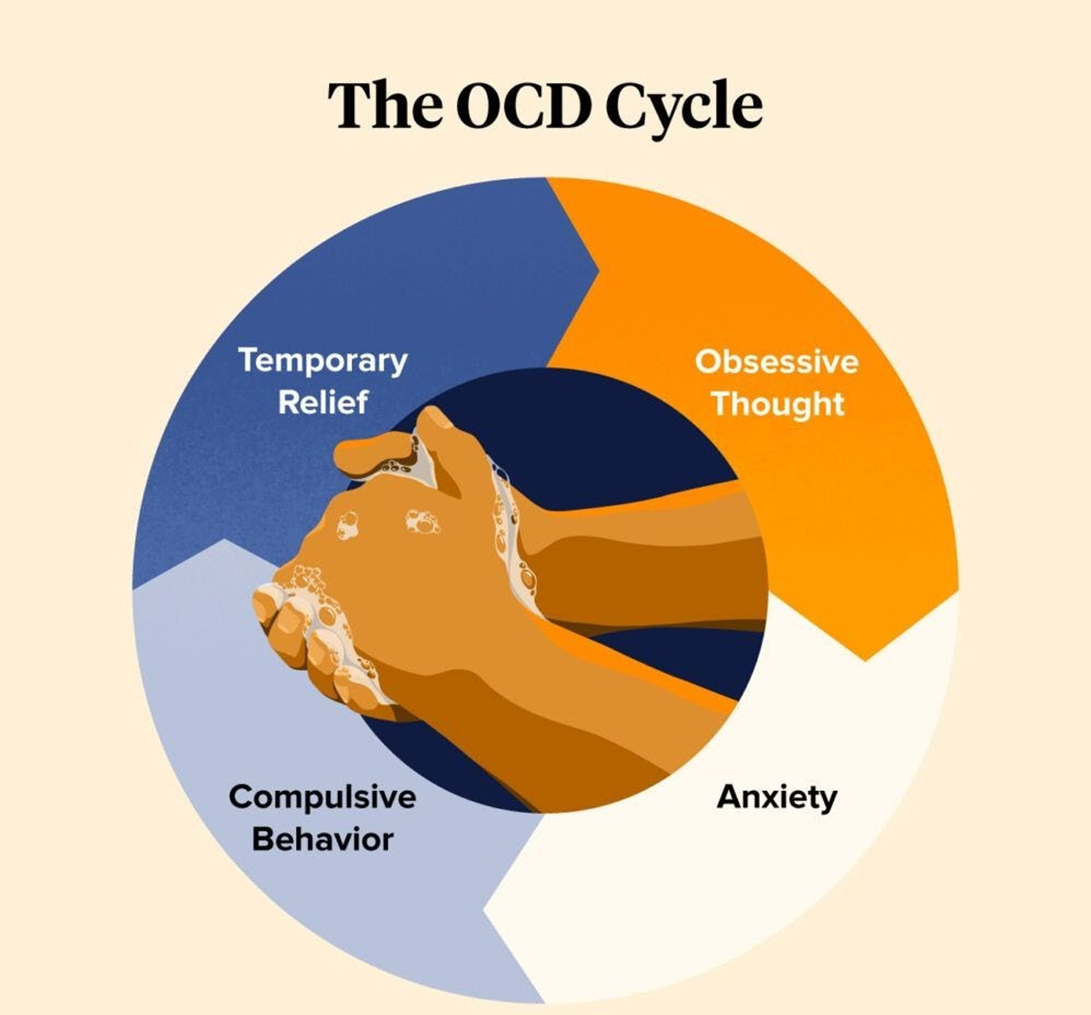The geriatrician has prescribed medication for an 80-year-old client to treat the client's dementia. Which teaching points should the nurse provide to the client's spouse about the new medication?
The medication will help your spouse sleep beter at night and stay awake during the day.
This will not result in any improvements to the client's symptoms of dementia, but it will make the client much more compliant and easier to manage.
It is important to closely follow the administration schedule for this drug if it is to help your spouse.
The medication won't cure your spouse's dementia, but it has the potential to slow down the progression of the disease.
The Correct Answer is D
Choice A reason: This choice is incorrect. While some medications may help improve sleep paterns, they are not primarily used to regulate sleep in dementia patients.
Choice B reason: This choice is incorrect. Medications for dementia aim to improve symptoms and quality of life, not just to make patients more compliant.
Choice C reason: This choice is misleading. While following the administration schedule is important, it does not guarantee recovery since dementia is currently incurable.
Choice D reason: This is the correct choice. Medications for dementia, such as cholinesterase inhibitors and memantine, may help slow the progression of symptoms.
Nursing Test Bank
Naxlex Comprehensive Predictor Exams
Related Questions
Correct Answer is D
Explanation
Choice A reason: This choice is incorrect. While some medications may help improve sleep paterns, they are not primarily used to regulate sleep in dementia patients.
Choice B reason: This choice is incorrect. Medications for dementia aim to improve symptoms and quality of life, not just to make patients more compliant.
Choice C reason: This choice is misleading. While following the administration schedule is important, it does not guarantee recovery since dementia is currently incurable.
Choice D reason: This is the correct choice. Medications for dementia, such as cholinesterase inhibitors and memantine, may help slow the progression of symptoms.
Correct Answer is D
Explanation
Choice A reason: Teaching relaxation techniques after medication may not be as effective because the client might be under the influence of the medication, which could interfere with learning the techniques.
Choice B reason: Atempting to teach relaxation techniques during a ritual can increase the client's anxiety and resistance, as rituals are often used by individuals with OCD to manage their anxiety.
Choice C reason: While bedtime could be a calm time, it's not specifically targeted towards managing anxiety levels, which is crucial for clients with OCD.
Choice D reason: Teaching relaxation techniques when the client is experiencing low anxiety levels is most beneficial. The client is more likely to be receptive and retain the information, which can then be applied during higher anxiety periods.

Whether you are a student looking to ace your exams or a practicing nurse seeking to enhance your expertise , our nursing education contents will empower you with the confidence and competence to make a difference in the lives of patients and become a respected leader in the healthcare field.
Visit Naxlex, invest in your future and unlock endless possibilities with our unparalleled nursing education contents today
Report Wrong Answer on the Current Question
Do you disagree with the answer? If yes, what is your expected answer? Explain.
Kindly be descriptive with the issue you are facing.
